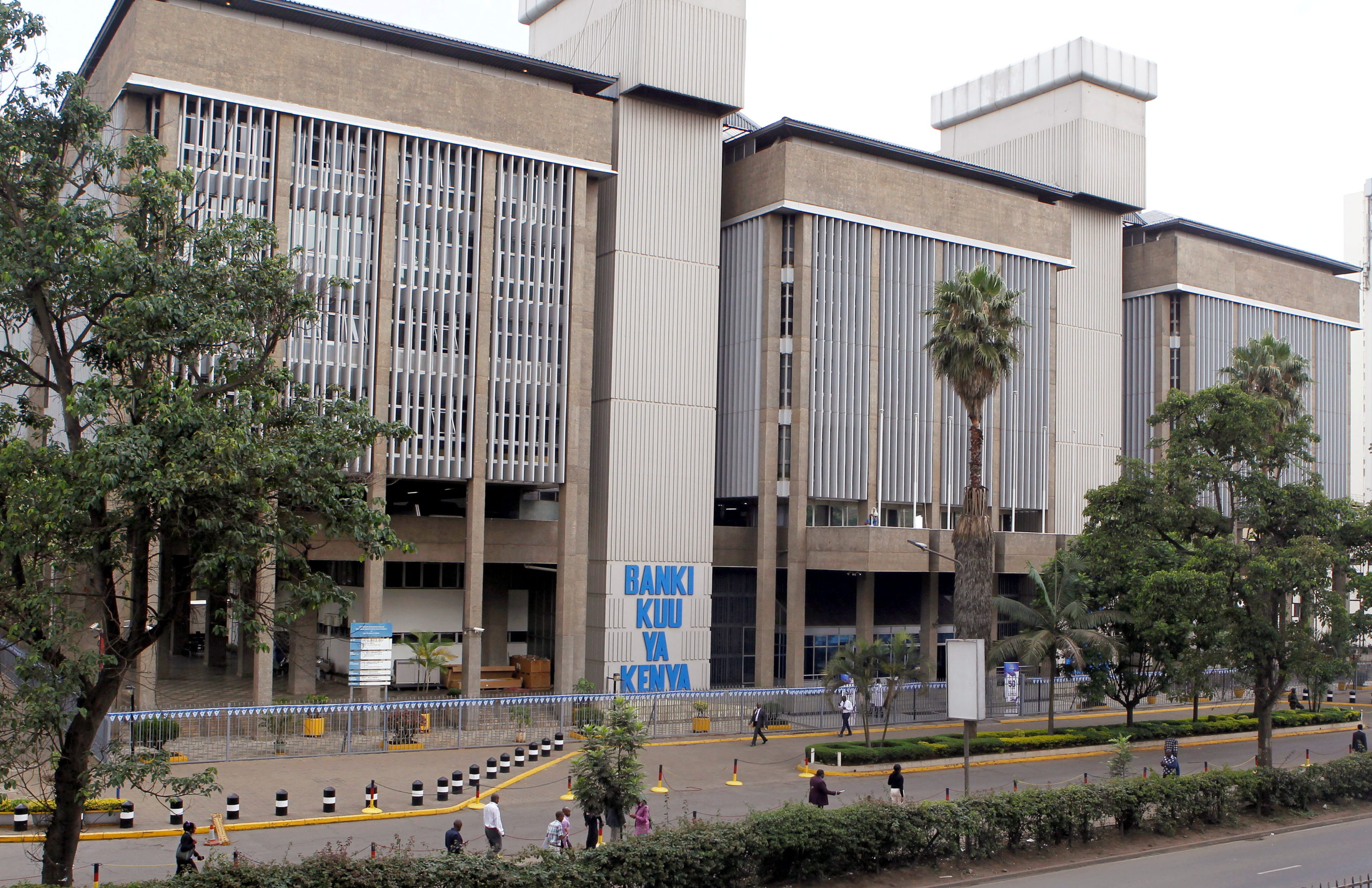Following the expiration of the 3-day ultimatum by the Central Bank of Kenya (CBK), 10 digital lenders in Kenya have now been officially licensed to operate in the country. The 10 emerged from a pool of 288 applicants who were directed to submit all required documents to aid the CBK’s licensing review process. Other digital lenders that missed the application deadline have been directed to cease their operations immediately.
Earlier in March, Kenya’s apex bank announced a new set of regulations to guide the licensing and oversight of digital lending providers (DCPs) in the country. Two months later, the CBK issued an official reminder to these lenders, urging them to apply for licensing as that would determine their continued eligibility in the country.
Today, two days since the ultimatum’s deadline elapsed, CBK announced that 10 digital lending companies have received their operating licenses. These are CeresTech Limited, Getcash Capital Limited, Giando Africa Limited (trading as Flash Credit Africa), Jijenge Credit Limited, Kweli Smart Solutions Limited, Mwanzo Credit Limited, MyWagepay Limited, Rewot Ciro Limited, Sevi Innovation Limited and Sokohela Limited.
Following the release of the list, Tala, a popular digital lender in Kenya with millions of users, issued a press release calming its customers that it was still in business and is currently in the process of obtaining its license.
One of the provisions of the new regulations is increased confidentiality for borrowers. Digital lenders are now barred from sharing customers’ information with all kinds of third parties—including credit reference bureaus—without prior consent from the customer. They are also expected to operate at least one physical office in the country.
A noteworthy feature of the new regulations is that they protect Kenyans from the threats, profane language, violence and other abusive practices widely used in debt collection.
However, contrary to previous speculations, the new regulations do not enforce a cap on interest rates, except for loans classified as non-performing.
With this move, the CBK is doing for Kenya what most data protection bodies—like Nigeria’s NITDA— are struggling to do in other African countries.





















